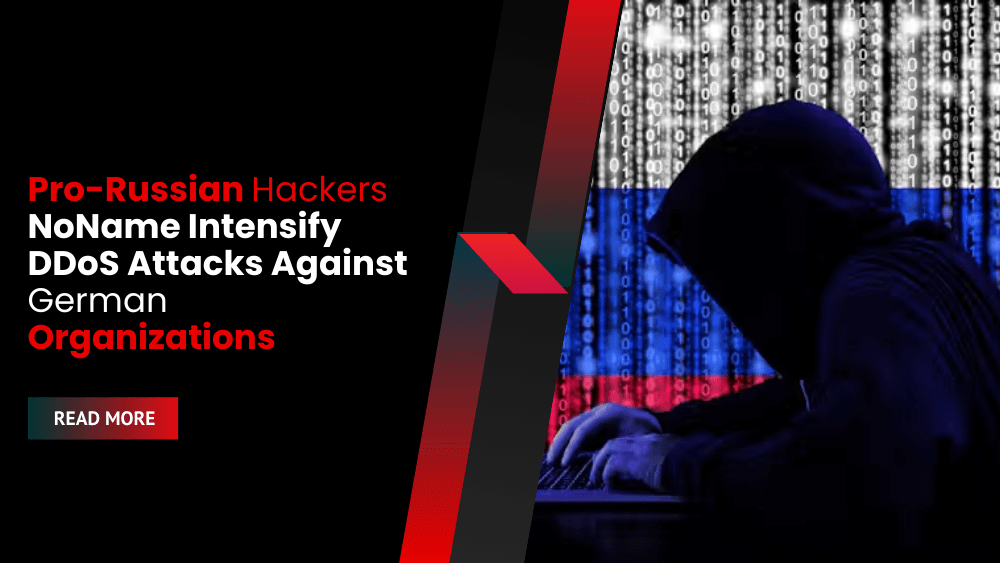NoName Group Targets Key German Entities
Pro-Russian hacking group NoName057(16) has ramped up its cyberattacks against German organizations. The group has conducted a series of distributed denial of service (DDoS) attacks, taking down the websites of several prominent companies and institutions.
Among the targets are:
- Bayerische Landesbank (a major state-owned bank)
- BayWa AG (a global agriculture, energy, and building materials company)
- COBUS Industries (a manufacturer of airport shuttle buses)
- Aluminium Rheinfelden Alloys (a producer of aluminum alloys)
NoName claims responsibility for these disruptions, stating on Telegram that it successfully took the organizations’ websites offline.
Increased Attacks Linked to German Political Moves
The surge in attacks appears to be politically motivated. NoName’s recent DDoS campaigns are likely a reaction to German Chancellor Friedrich Merz’s plans to send Taurus cruise missiles to Ukraine.
This political shift may have triggered the group’s escalation of attacks on German companies and government entities.
Additional DDoS Attacks on Municipal and Corporate Websites
In addition to the attacks on major companies, NoName057(16) has targeted the websites of several German cities, including:
- Hanover
- Düsseldorf
- Leipzig
- Berlin
- Frankfurt am Main
- Cologne
Reports indicate that the group also attempted attacks against major corporations, such as Volkswagen, Commerzbank, Osram, and DZ Bank.
Collaboration with Other Cyber Threat Groups
NoName was not alone in its efforts. Two additional hacker groups, Keymous+ and Dark Storm, joined in the DDoS campaigns against German entities. They targeted a range of websites, including government portals, media outlets, and large corporations like Lidl and O2 Deutschland.
DDoS Attacks and Their Impact
DDoS attacks are designed to overwhelm and disrupt services, often causing temporary outages. While they can be a nuisance, they typically do not result in permanent damage. Many of the targeted organizations have DDoS protection measures in place, ensuring that legitimate users can still access their services despite the disruptions.









